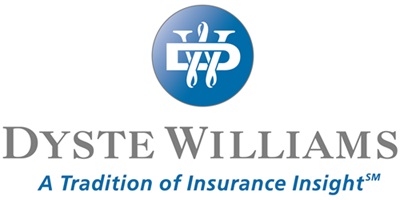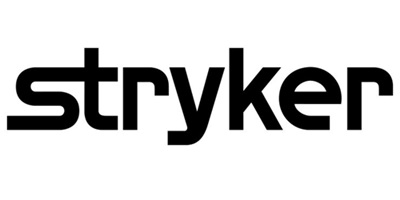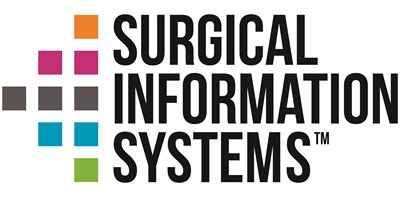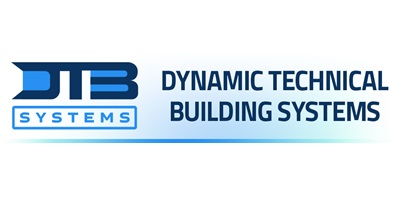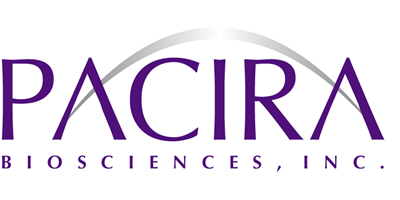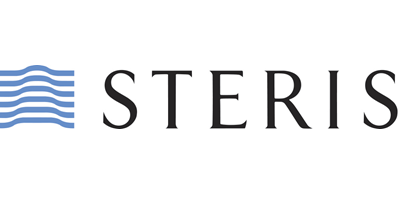Cultivating Emotional Intelligence to Build Resilience
How can you leverage EQ to build stronger relationships, communicate more effectively, and navigate conflicts and setbacks with greater resilience?
In today's demanding health care work environment, emotional intelligence (EQ) has emerged as a vital skill for fostering connection, collaboration, productivity, and job satisfaction. In this session delivered on July 26, we defined and explored the impacts of EQ on both a personal and professional level. Participants learned about the core components of emotional intelligence and how EQ intersects with individual well-being and workplace dynamics to shape our ability to navigate challenges and thrive in diverse settings. Our presenter discussed resources to help participants evaluate their EQ competencies and covered practical strategies to enhance resilience and increase confidence in being able to bounce back when challenges inevitably arise.
Presenter: Hannah Dufek, LPCC, LADC
Hannah is a licensed mental health therapist and is the Director of Clinical Services at CARE Counseling. She received her Master of Science in Clinical Mental Health Counseling and an Addictions Counseling Certificate at Winona State University. Through her work at CARE, Hannah has focused on teaching and training ways to increase confidence, lean into understanding cultural identity and humility as it relates to all aspects of personal and professional relationships.
Learning Objectives:
- Identify and describe the benefits of developing emotional intelligence skills
- Explore how emotional intelligence contributes to leadership, teamwork, and workplace success
- Assess your own emotional intelligence strengths and areas for improvement
- Define and identify what resilience looks like personally and professionally
- Explore ways that emotional intelligence can help support resiliency
AEU Content Areas: Delivery of Patient Care
Continuing Education Credit
This program is approved for up to 1.0 hour of AEUs by BASC Provider #6240 for the content area: Delivery of Patient Care. For more information, please review the BASC Approval Letter and Content Breakdown.
Resources:
- Feelings Wheel
- Cheng, B. H., & McCarthy, J. M. (2018). Understanding the dark and bright sides of anxiety: A theory of workplace anxiety. Journal of Applied Psychology, 103(5), 537. https://psycnet.apa.org/fulltext/2018-02791-001.pdf
- Côté, S. (2014). Emotional intelligence in organizations. Annu. Rev. Organ. Psychol. Organ. Behav., 1(1), 459-488. https://www.annualreviews.org/docserver/fulltext/orgpsych/1/1/annurev-orgpsych-031413-091233.pdf?expires=1712715140&id=id&accname=guest&checksum=B6A4B7A2E342DC4CF70AFA2D741E1826
- Di Fabio, A., & Kenny, M. E. (2016). Promoting well-being: The contribution of emotional intelligence. Frontiers in psychology, 7, 211375. https://www.frontiersin.org/journals/psychology/articles/10.3389/fpsyg.2016.01182/full
- Fiori, M., & Vesely-Maillefer, A. K. (2018). Emotional intelligence as an ability: Theory, challenges, and new directions. Emotional intelligence in education: Integrating research with practice, 23-47. https://link.springer.com/content/pdf/10.1007/978-981-10-0983-9_37.pdf
- Goleman, D., & Boyatzis, R. (2017). Emotional intelligence has 12 elements. Which do you need to work on. Harvard Business Review, 84(2), 1-5. https://link.springer.com/content/pdf/10.1007/978-3-319-90633-1_2.pdf
- Joseph, D. L., Jin, J., Newman, D. A., & O'Boyle, E. H. (2015). Why does self-reported emotional intelligence predict job performance? A meta-analytic investigation of mixed EI. Journal of applied psychology, 100(2), 298. https://www.researchgate.net/profile/Daniel-Newman-18/publication/287205621_Joseph_Jin_Newman_O%27Boyle_2015/links/5673181e08ae04d9b099c08c/Joseph-Jin-Newman-OBoyle-2015.pdf
Questions? Please contact:
Laura Harris, MNASCA Executive Director
[email protected]
|

